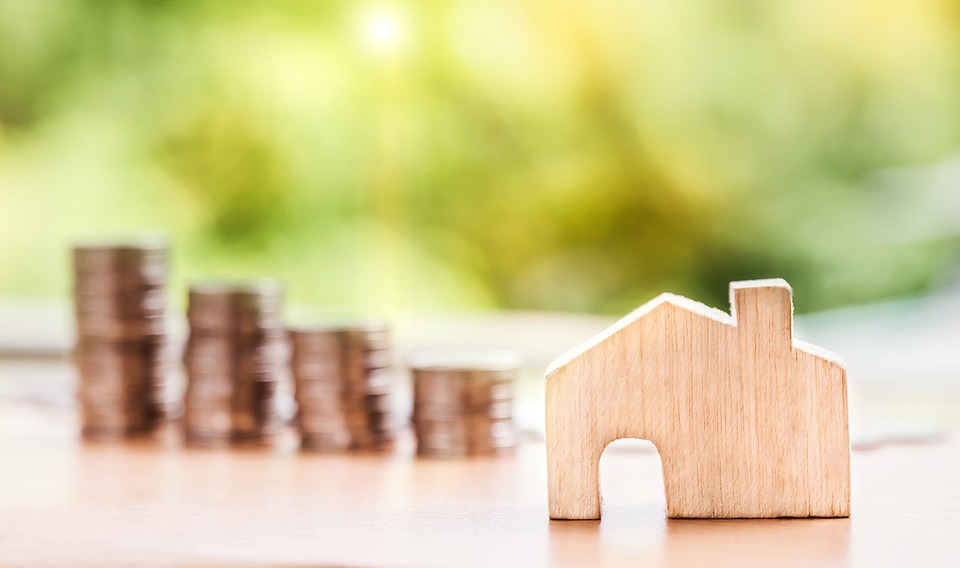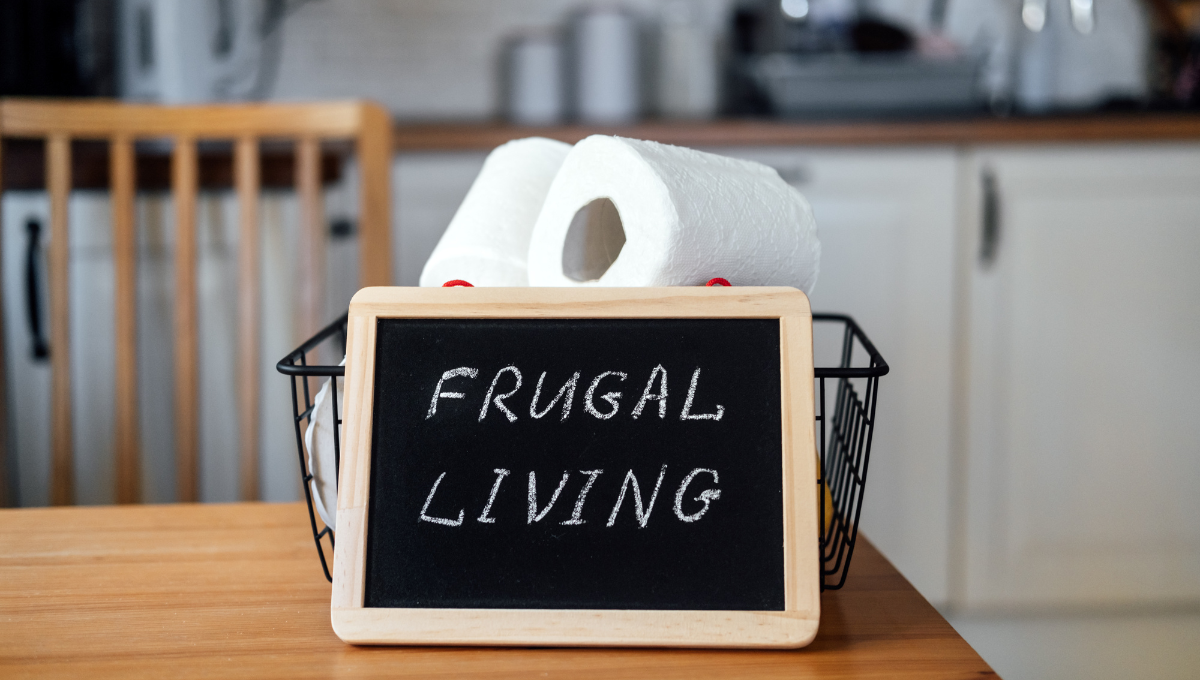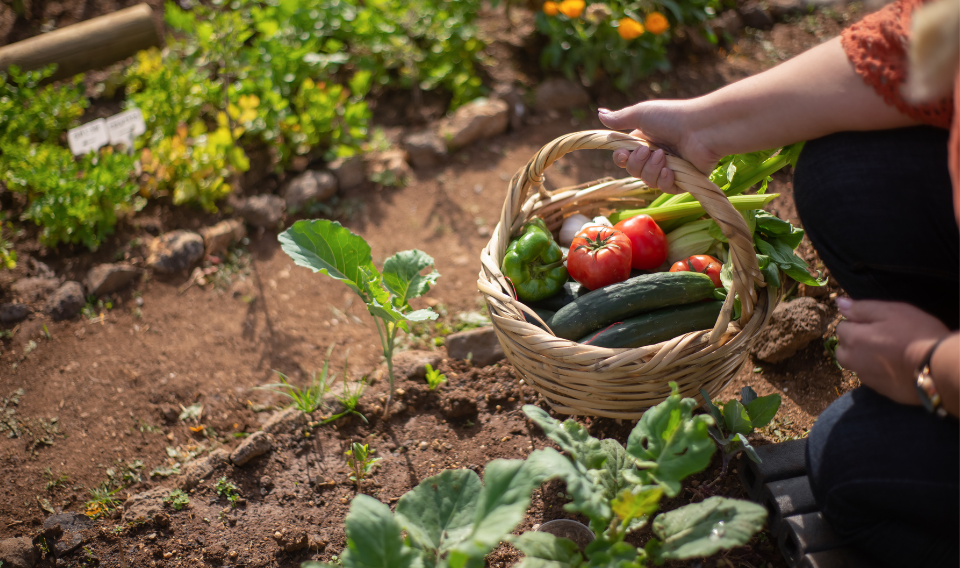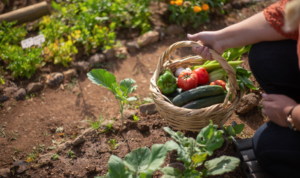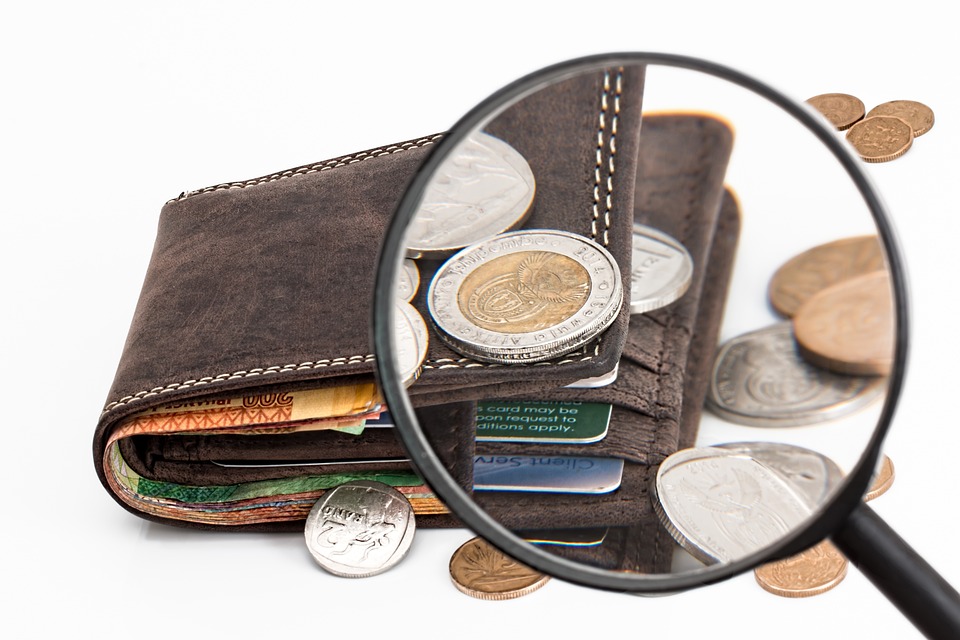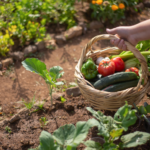
Embracing Frugality as a Virtue
In today’s consumer-driven society, where spending and acquiring more is often seen as a marker of success, embracing frugality can seem like a counterintuitive choice. However, frugality isn’t about deprivation. It’s a lifestyle that promotes living within one’s means and finding joy in simplicity. In this blog post, we will delve into frugality as a virtue, and how adopting it can positively impact your life.
What is Frugality?
Frugality is the practice of living in a simple, modest, and economical manner, prioritizing essential needs over excessive wants and avoiding waste. It involves making conscious and intentional decisions about spending, saving, and resource usage, with the aim of achieving financial stability, reducing environmental impact, and cultivating a mindful and contented lifestyle.
Contrary to the notion of being miserly or stingy, frugality is about maximizing the value of what you have, making thoughtful purchases, and finding contentment in simplicity. It encourages people to live within their means, appreciate what they have, and find joy and satisfaction in non-material aspects of life, such as relationships, hobbies, and personal growth. In essence, frugality is a lifestyle choice that promotes long-term financial health, environmental sustainability, and overall well-being.
Why is Frugality a Virtue?
Financial Security and Independence:
Explanation: Frugality encourages disciplined spending, diligent saving, and careful financial planning. By cultivating habits of living below one’s means, individuals can build savings, avoid unnecessary debt, and establish a financial cushion for themselves and their families.
Why it’s Virtuous: This prudent management of money enables a secure, stress-reduced life, which is foundational for well-being. It empowers individuals to make choices based on their values and interests, rather than being dictated by financial constraints.
Environmental Responsibility:
Explanation: A frugal lifestyle often involves consuming less, reusing items, and avoiding unnecessary waste. This inherently results in a lower carbon footprint.
Why it’s Virtuous: In an age of environmental crisis, frugality is an ethical stance. It shows a commitment to stewarding resources responsibly and a respect for the planet and future generations.
Personal Well-being and Mental Health:
Explanation: Frugality can lead to a simpler, more focused life. With fewer possessions to worry about and less desire to keep up with societal pressures to ‘have more,’ mental and emotional well-being can significantly improve.
Why it’s Virtuous: Promoting one’s own mental and emotional health through simplicity and focus on non-materialistic goals aligns with the virtues of wisdom and temperance.
Ethical and Mindful Consumption:
Explanation: Frugality encourages people to be mindful of their consumption patterns. It urges individuals to ask questions before buying—Do I need this? Is this product made ethically? Will this bring long-term value to my life?
Why it’s Virtuous: This practice encourages ethical consumption, which is inherently respectful to other humans, animals, and the environment. It’s a form of living honestly and justly.
Self-sufficiency and Empowerment:
Explanation: Frugality often involves learning to do things yourself, from cooking to basic home repairs. This encourages a sense of self-reliance and resilience.
Why it’s Virtuous: Self-sufficiency is empowering. It allows people to take control of their lives and circumstances, fostering dignity and self-respect.
Generosity and Compassion:
Explanation: Frugality, by enabling savings, can free up resources that individuals may choose to use for helping others, whether it’s through charitable donations, volunteering, or other forms of giving.
Why it’s Virtuous: This aspect of frugality aligns with the virtues of generosity and compassion. It highlights that frugality isn’t about hoarding for oneself, but can enable a greater capacity to give and help others.
How to Embrace Frugality as a Virtue
1. Reflect on Your Needs and Wants
- Definition: Differentiating between what you need to survive and be healthy, and what you want as a luxury or convenience.
- Elaboration: Make a list of your monthly expenses. Categorize them into ‘needs’ and ‘wants’. This helps to visualize where you can start making changes.
2. Budget and Plan
- Definition: Creating a detailed plan for income and expenditure.
- Elaboration: Establish a monthly budget, and stick to it. This includes allocating money for savings, necessities, and a small portion for discretionary spending.
3. Adopt a Minimalist Approach
- Definition: Living with fewer, more meaningful possessions.
- Elaboration: Declutter your space. Keep items that you use regularly and that add value to your life. Sell, donate, or recycle what you don’t need.
4. Shop Smart
- Definition: Making economical and thoughtful purchasing decisions.
- Elaboration: Look for sales, use coupons, buy second-hand when possible, and always ask yourself if you really need the item before you buy it.
5. DIY (Do It Yourself)
- Definition: Taking on tasks yourself, rather than paying for services.
- Elaboration: Learn to cook, repair clothes, or maintain your home. Not only does this save money, but it also imparts valuable skills and can be a rewarding hobby.
6. Value Experiences Over Things
- Definition: Prioritizing activities and experiences over material possessions.
- Elaboration: Instead of buying new items, invest in experiences like travel, classes, or quality time with loved ones. These often provide longer-lasting happiness.
The True Meaning of Frugality
Embracing frugality as a virtue doesn’t mean living a life of deprivation. It’s about making conscious choices and recognizing that happiness and contentment don’t necessarily stem from material wealth. Frugal living is about appreciating what you have, being mindful of your consumption, and finding joy in simplicity.
Final Thoughts
In a world where we are constantly pushed to want more, frugality stands as a calm and sustainable alternative. It is a virtuous practice that promotes financial health, environmental sustainability, and overall well-being. It is a pathway not just to saving money, but to enriching your life in profound and meaningful ways.
Remember, frugality isn’t about being cheap—it’s about being resourceful and thoughtful. It’s a virtue that allows us to live more harmoniously with our environment, our finances, and ourselves.


